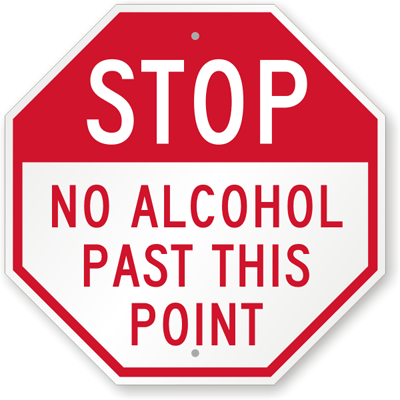According to some retailers, UPS and FedEx are now limiting the interstate shipping of wine. This crackdown is not in response to any new legislation – the shipping companies are instead enforcing existing laws in many states.
But First, a Primer on Shipping Alcohol Across State Lines
The Twenty-first Amendment to the United States Constitution provides that the transportation or importation into any State, Territory, or possession of the United States for delivery or use therein of intoxicating liquors, in violation of the laws thereof, is prohibited.
With the repeal of Prohibition, states were granted significant power over the distribution and sale of alcohol that is not present in laws related to shipping other products. This has led to wildly disparate treatment of the ability to ship alcohol across state lines. For instance, some states allow residents to order wine from any retailer in the US while others don’t allow any shipments at all.
The Liquor Law Repeal and Enforcement Act (aka the Webb-Kenyon Act) prohibits shipments of alcoholic beverages between states in violation of any law of the receiving state.
The Federal Alcohol Administration Act (FAA Act) requires a basic permit for wholesalers, importers, and manufacturers of alcoholic beverages. (Retailers are not required to obtain basic permits under the FAA Act.) Basic permits are conditioned upon, among other things, compliance with the Twenty-first Amendment and Federal laws relating to its enforcement as well as all other Federal laws related to distilled spirits, wine, and malt beverages. 27 U.S.C.§204(d). Thus, the TTB could, in appropriate circumstances, take administrative action against a basic permit holder for violations of the Webb-Kenyon Act.
In 2000, the Bureau of Alcohol, Tobacco and Firearms (the predecessor agency to the TTB), issued ATF Ruling 2000-1 to outline its enforcement policy relating to violations of State law that result in shipments of alcohol to consumers in one state from sellers in another state. The TTB continues to follow the policy set forth in that Ruling, meaning that (1) the TTB may suspend or revoke a basic permit for violations of the Webb-Kenyon Act; and (2) the TTB can take administrative action against a basic permit where the permittee ships alcohol into a state in violation of the laws of that state. Notably, the TTB “will intervene when it is determined that there is a continuing, material, adverse impact upon a State through the actions of a basic permittee located outside the boundaries of the affected State. However, while [the TTB] is vested with authority to regulate interstate commerce in alcoholic beverages pursuant to the FAA Act, the extent of this authority does not extend to situations where an out-of-State retailer is making the shipment into the State of the consumer.”
Contemporaneously with Ruling 2000-1, Congress enacted the 21st Amendment Enforcement Act, providing state attorneys general the power to seek an injunction against any person they have reasonable cause to believe is or has engaged in “any act that would constitute a violation of a State law regulating the importation or transportation of any intoxicating liquor.”
Sipping and Shipping
UPS and FedEx have taken on the role of enforcing some of the existing state laws and are now limiting the states they will ship wine to. However, this limitation may be short-lived as litigation continues to abound.
In 2005, in Granholm v. Heald, the U.S. Supreme Court declared unconstitutional in violation of the Commerce Clause State laws that prohibited direct shipment of wine to consumers within the State from out-of-state businesses but permitted direct shipment to those consumers from in-state businesses. Basically, if a state allows their own in-state wineries to ship out of state, they must allow out of state wineries to ship into their state.
While some states have reviewed and amended their alcohol beverage rules in light of Granholm, there continues to be litigation surrounding the topic. For instance, Michigan, one of the states that lost the Granholm decision, is being sued again on a nearly identical basis, the only difference being the present lawsuit relates to out of state retail stores instead of out of state wineries.
Direct to consumer interstate and international shipments of alcoholic beverages to California consumers are prohibited, with narrow exceptions. Individuals and retailers outside California can ship up to two cases of wine to adults in California without a Wine Direct Shipper Permit so long as the shipping state has reciprocal wine shipping laws. (See here.) There is no such exception for direct shipments of beer or distilled spirits, so they cannot be shipped direct to consumer in California.
Following the Granholm decision, California enacted section 23661.3 of the Alcohol Beverage Control Act, which establishes a Wine Direct Shipper Permit for non-California wineries shipping wine to California residents. (For an overview of shipping wine within and outside California, see our previous post.)
Regardless of the shipper, the container must meet labeling requirements pursuant to the Alcohol Beverage Control Act.
Time will tell how this all plays out, but in the meantime, with state rules in flux, if you engage in direct shipping of alcohol, be sure to keep an eye out for changing state rules and contact one of our alcohol beverage attorneys to assist you in remaining compliant.




